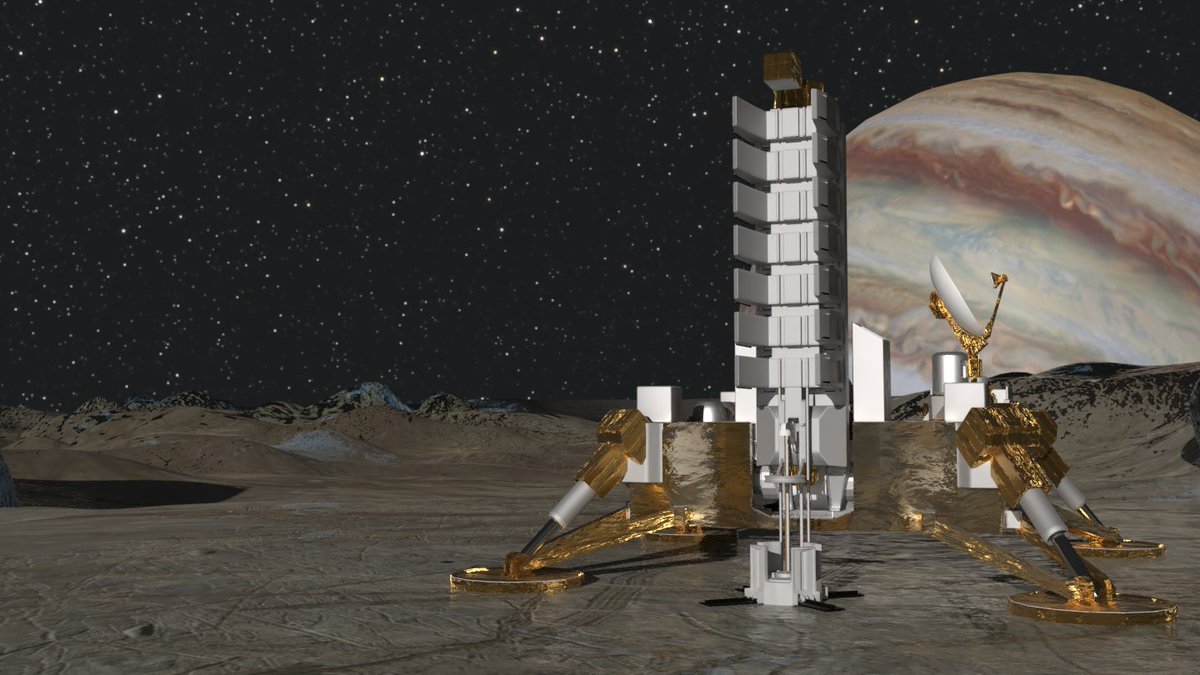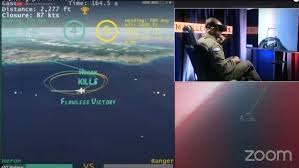
What if great power competition extends to the ocean moons of the solar system? 🤔
-NEW POST-
"Mission Europa: The Atom-class XE"
strikepod.com/the-atom-class…
#FICINT
#autonomous #submarines in #space
(A thread - 1/8)
-NEW POST-
"Mission Europa: The Atom-class XE"
strikepod.com/the-atom-class…
#FICINT
#autonomous #submarines in #space
(A thread - 1/8)

Beijing's agenda for deep space exploration derives from sweeping and unchecked expansionist policies here on Earth, which could in turn drive the nature of deep space strategic competition. 2/8
aspistrategist.org.au/china-the-us-a…
aspistrategist.org.au/china-the-us-a…
Part of this competition will include the search for extraterrestrial life, an achievement that promises untold national prestige, and which will come to be focused on the ocean moons of our solar system. 3/8
nasa.gov/specials/ocean…
nasa.gov/specials/ocean…
Missions are currently under development to explore the Galilean ocean moon of Europa - @nasa Europa Clipper, a fly-by mission, and Europa Lander, which could entail drilling through the moon's icy surface and releasing an AUV into the ocean below. 4/8
popularmechanics.com/space/deep-spa…
popularmechanics.com/space/deep-spa…
Though a peaceful, collaborative, multinational approach to space exploration may be possible, we must be prepared for the possibility that the gray zone of autonomous undersea conflict could extend to Europa. 5/8
Enter the Atom-class XE, a Strikepod-enabled "Extraterrestrial Explorer" designed to explore watery moons while deterring and, if necessary, defending missions against adversary aggression. 6/8 





Many, many thanks to @Flankerchan who really outdid himself with this project. 🙏
If you don't read the entire post, please do take a moment check out his design concepts. 7/8
strikepod.com/the-atom-class…
If you don't read the entire post, please do take a moment check out his design concepts. 7/8
strikepod.com/the-atom-class…
For more on undersea conflict in space, please check out two related pieces of #FICINT:
"Rendezvous"
strikepod.com/rendezvous/
"Oceans Apart"
strikepod.com/oceans-apart/
8/8
"Rendezvous"
strikepod.com/rendezvous/
"Oceans Apart"
strikepod.com/oceans-apart/
8/8
• • •
Missing some Tweet in this thread? You can try to
force a refresh




